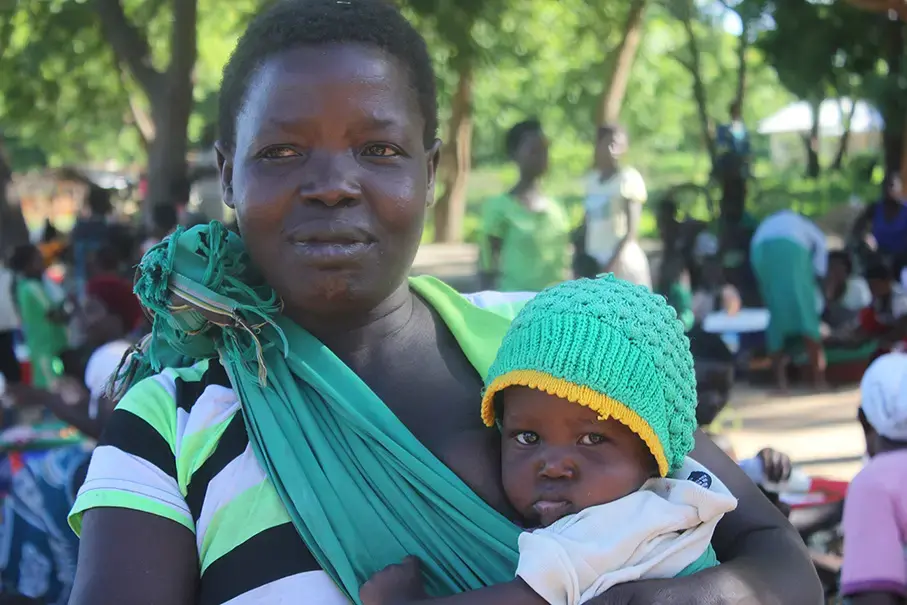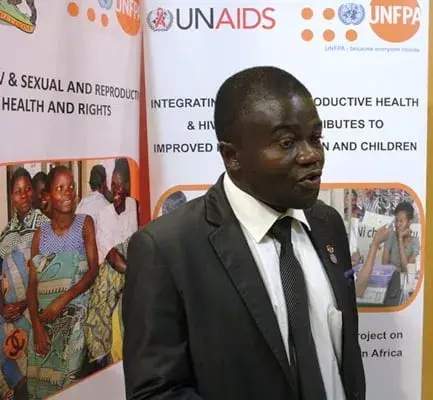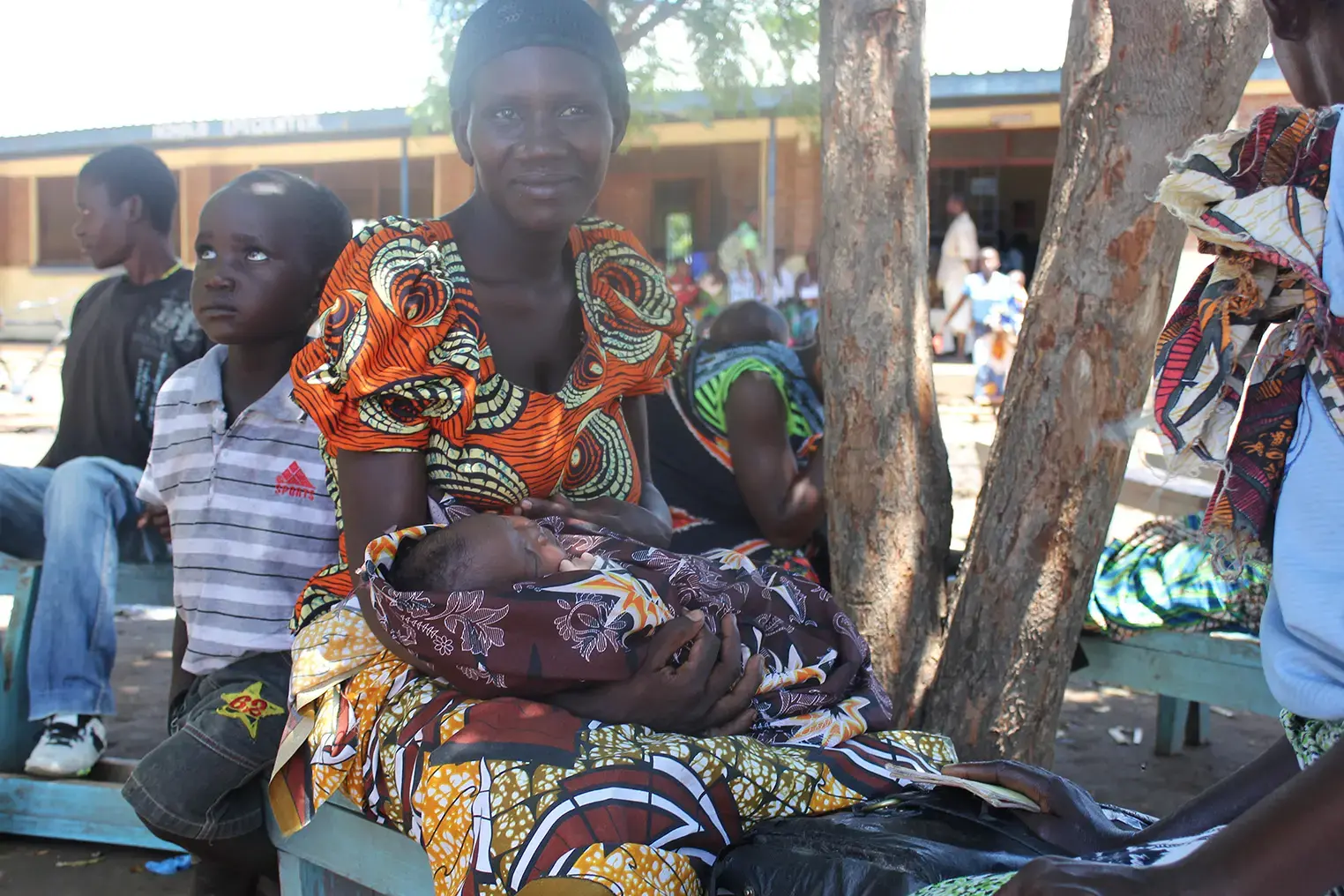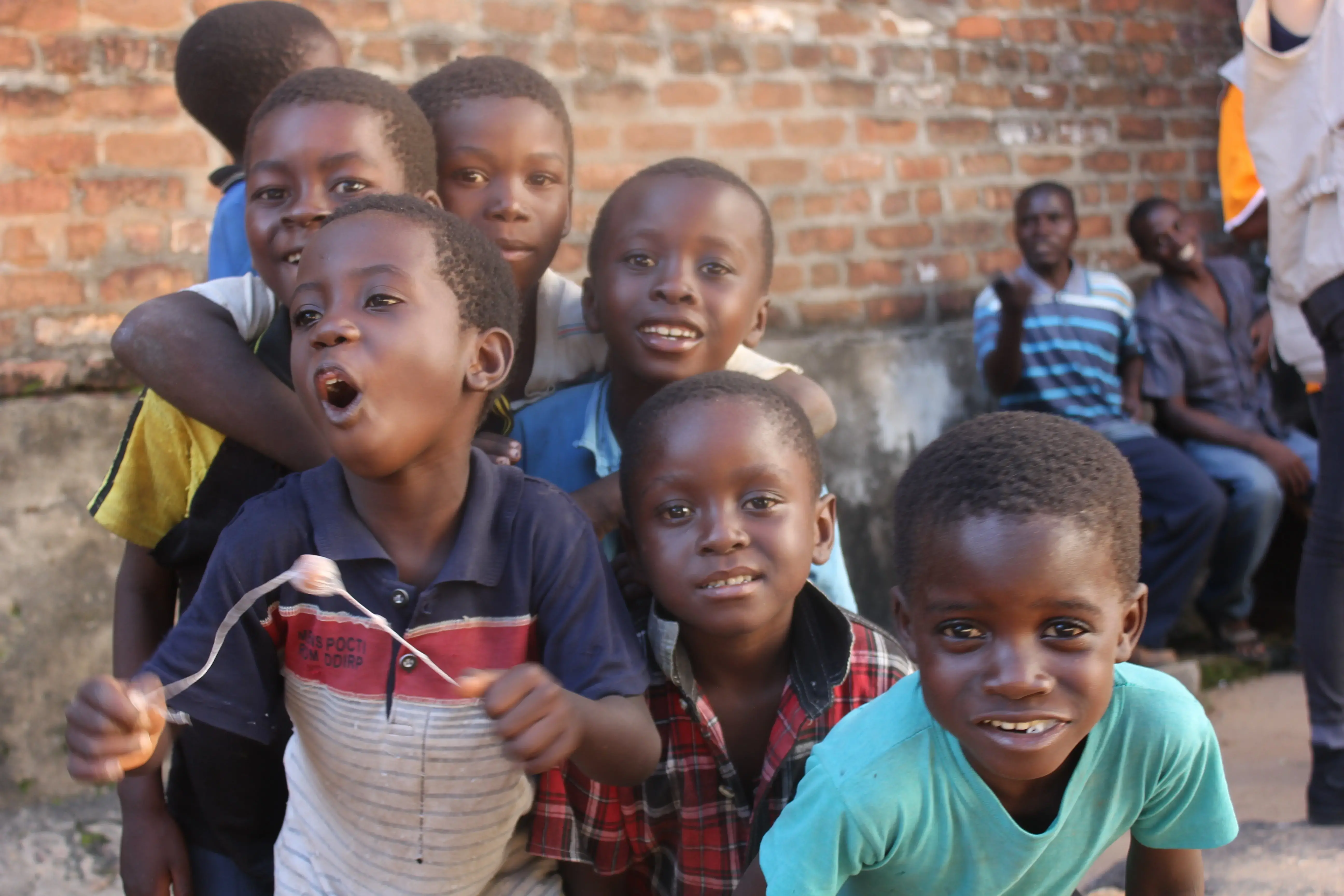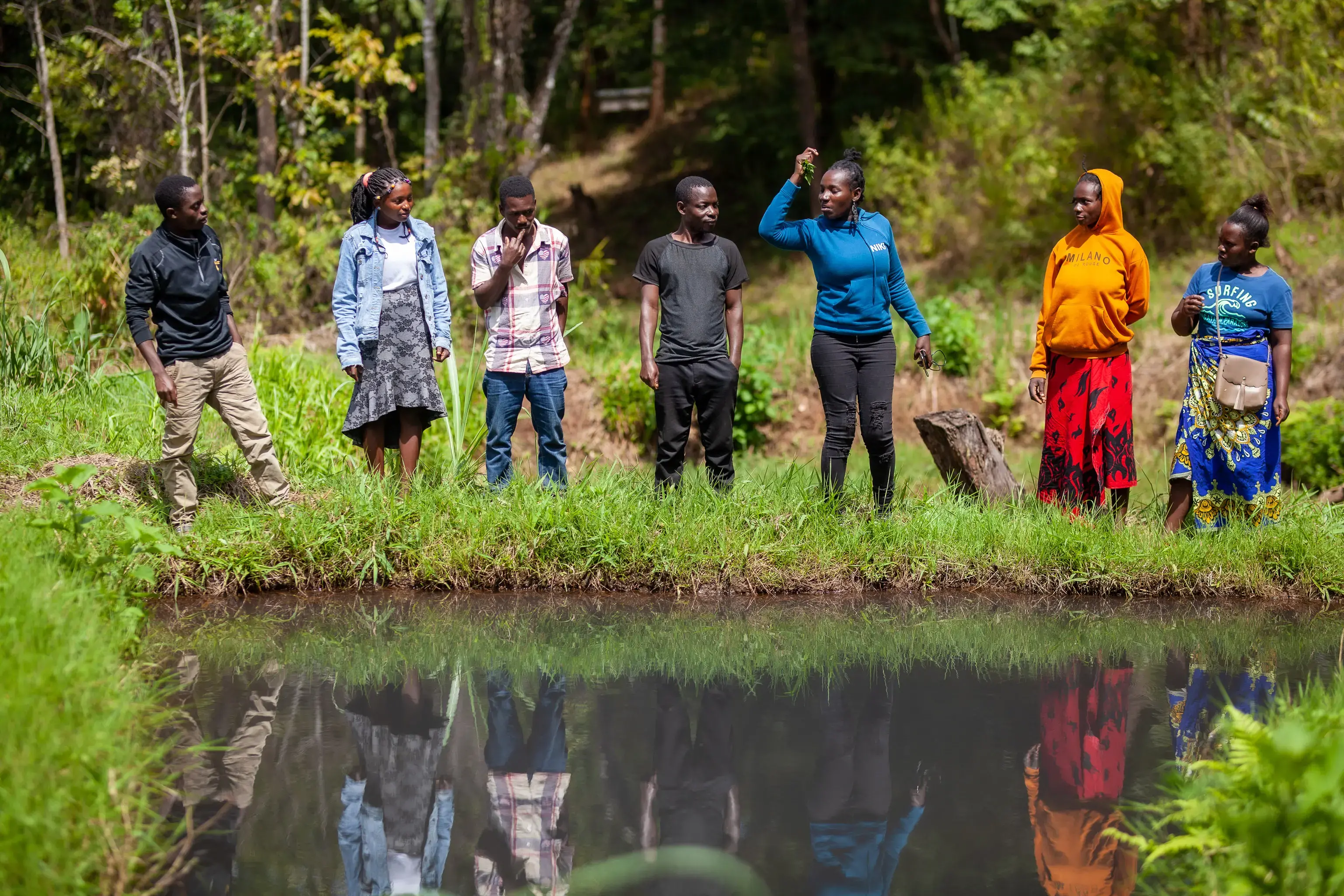- Policy level engagement (HIV Strategy, HIV policy development etc.)
- Social and behavioral change communication interventions such as the Condomize Campaign
- Technical and financial support to IPs
- Capacity building of partners
- Program Monitoring & Evaluation
Epidemiological data shows that the AIDS epidemic is beginning to change course as the number of people newly infected with HIV is declining and AIDS-related deaths are decreasing. In many of the most affected countries, HIV infections among young people have declined sharply. These factors are contributing to the stabilization of the total number of people living with and the possibility of an AIDS-free generation.
Nevertheless, AIDS remains a a global catastrophe responsible for over 20 million deaths worldwide, tens of millions of children left orphaned, and some 33 million people living with HIV. It continues to be a leading cause of death globally and the primary cause of death in Africa.
As one of ten co-sponsors of UNAIDS, UNFPA works to intensify and scale up HIV prevention efforts using rights-based and evidence-informed strategies, including attention to the gender inequalities that add fuel to the epidemic.
Within UNAIDS, the Fund takes a leadership role in condom programming and prevention among young people and women, two groups who are increasingly at risk of infection. It also reaches out to other vulnerable populations. Linking HIV responses with sexual and reproductive health care is the overarching strategy for reaching more people cost-effectively and moving towards the goal of universal access to prevention, treatment, care and support by 2010.
UNFPA is also committed to the human rights of people living with HIV and works to widen their access to sexual and reproductive health care that meets their specific needs.

